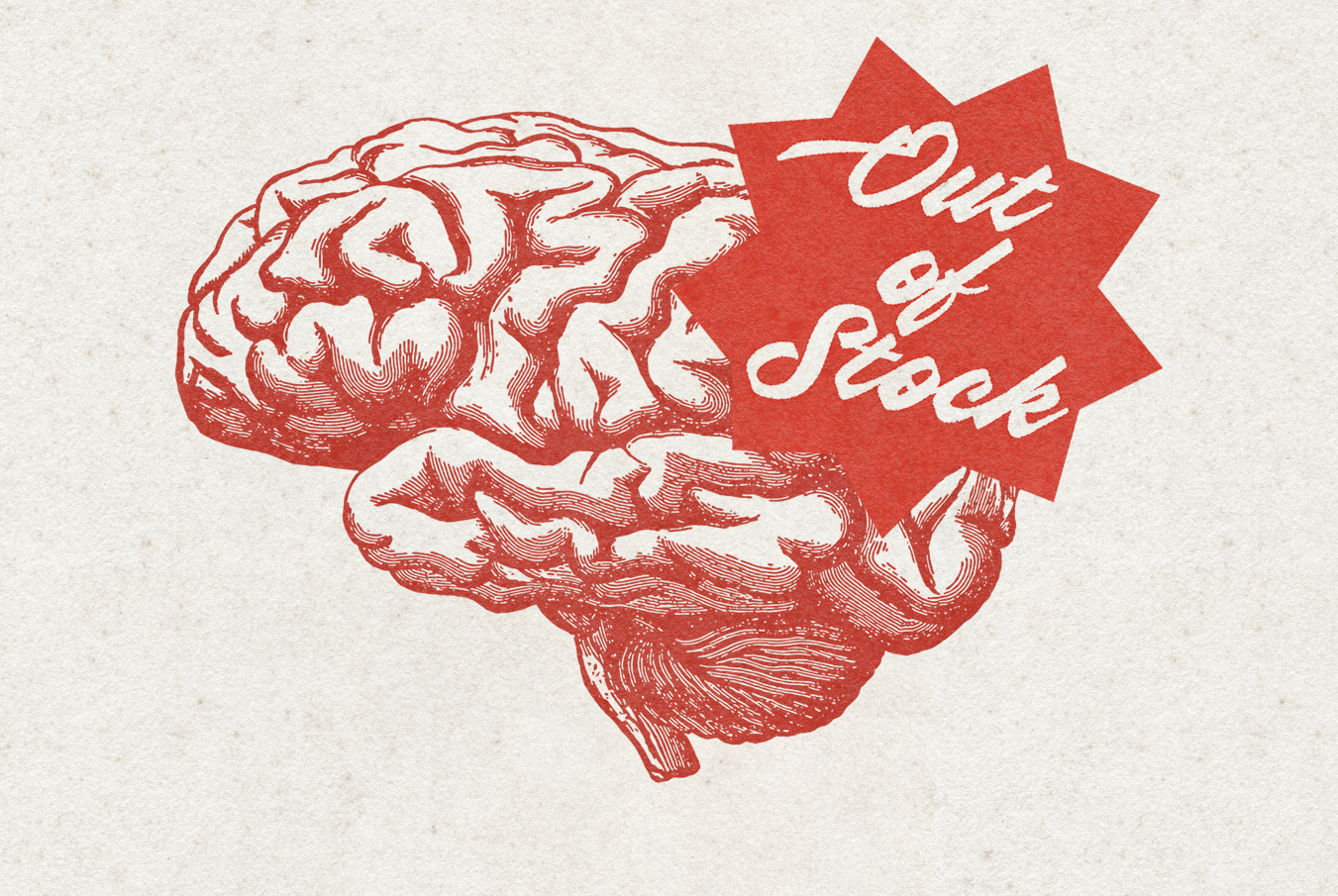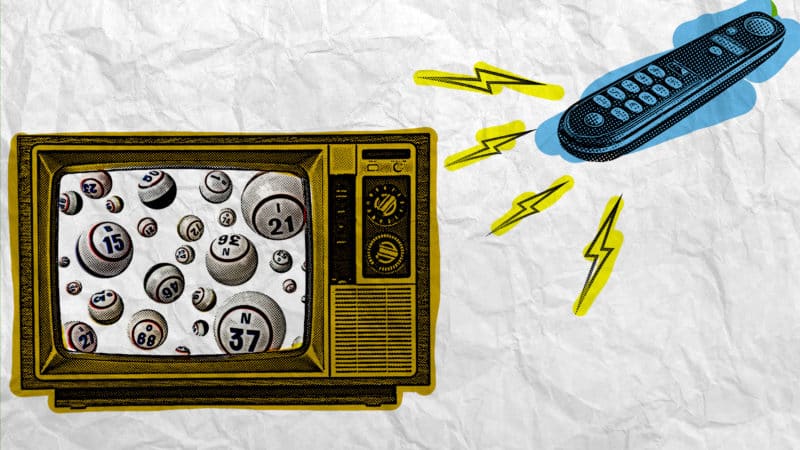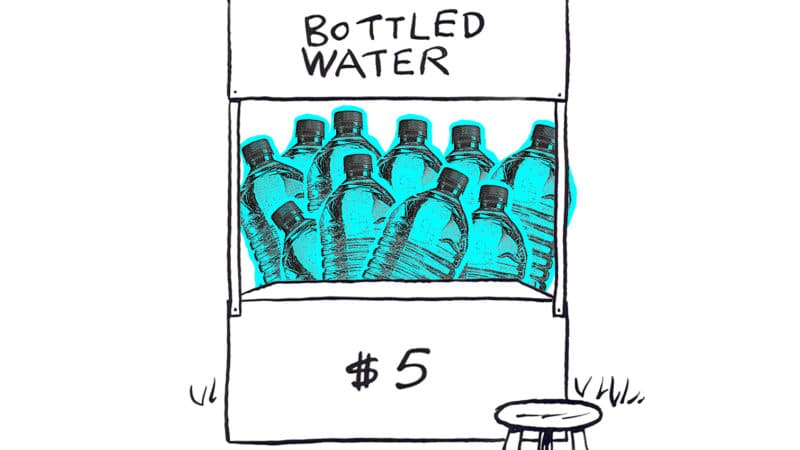Mental healthcare access for the homeless is few and far between.
By Mary Stewart
You may have seen her. I do not know her name, I just call her the umbrella woman. She lives at bus stops or on benches in shopping plazas, and hides behind her giant umbrella. I tried to talk to her a few times, only for her to chase me away while swinging the umbrella at me. She has called me the devil for wearing shorts and has told me that she does not want me in her area because I smoke cigarettes. Once, I called the police officers to do a welfare check on her as she was obviously battling mental illness, but there was nothing that they could do because she was not a danger to herself or others.
Sadly, she is not alone.
Since the closure of the Jerome Golden Center for Behavioral Health in West Palm Beach in late 2019, I have noticed a steady increase in mentally ill homeless people in southern Palm Beach County.
I am not being judgmental. On the contrary, I feel nothing but compassion and empathy as I have a mental illness myself. I am also overwhelmingly frustrated with the system and the lack of mental health care for low-income Palm Beach County residents.
South County Mental Health Center in Delray Beach is currently the only non-profit community mental health center in the area. I have been a client there myself and must say that I was satisfied with the outpatient psychiatric care that they offered. They also have an in-patient crisis stabilization unit. Their website claims that they offer additional services, such as residential housing and a day treatment program with a “robust” substance abuse component, but I was never offered any of those services despite my extensive mental health and substance abuse history.
Overall, I have nothing bad to say about South County except for the fact that we need more than one community mental health center. I still have not figured out where the former Jerome Golden clients went. I suspect that many are now South County clients — though South County hadn’t responded before publishing time as to whether this was true — whereas some may have moved down to Broward County and others are sleeping on benches like the umbrella woman.
There are a handful of outpatient psychiatrists and individual therapists who accept Medicaid, including Multilingual Psychotherapy and Community Partners, but those providers do not offer the comprehensive services needed by the severely mentally ill. It should also be noted that most homeless people are uninsured and need sliding scale care — a form of payment that adjusts to the ability of someone to pay, possibly down to no pay at all.
Found Care, a low-income health center based in Palm Springs, has begun offering sliding scale behavioral health services, but many people are unaware of this resource. Although Found Care has been my primary care physician for many years, they only recently gave me an internal behavioral health referral.
The closure of Jerome Golden has resulted in a major loss to the community. Patients of their hospital — the only nonprofit psychiatric hospital in the county that accepted low-income or uninsured patients — as well as those living in their residential facilities had to leave with only a few months’ notice. As a former client, I was displeased with some of their common practices, but I will admit that Jerome Golden provided affordable housing, case management, day treatment, dual diagnosis care, and even contingency funds when there was dire financial need.
Dual diagnosis, which is the presence of both a mental health and substance abuse disorder, is even harder to treat and the services are almost non-existent in Palm Beach County.
With regards to mental illness, some clients can suffice with just periodic medication clinic visits while others need comprehensive care. Additionally, many mental health clients struggle to survive on Supplemental Security Income and need affordable independent living. But right now, I think the need is greater than the services currently available.
Dual diagnosis, which is the presence of both a mental health and substance abuse disorder, is even harder to treat and the services are almost non-existent in Palm Beach County. Even if you only have a substance abuse disorder, treatment options for the low-income and uninsured are dwindling in the county. A few of the major non-profit substance abuse treatment centers, such as Gratitude House, PANDA, and CARP also closed their doors around the same time as Jerome Golden.
Currently, the Drug Abuse Foundation is the only county-funded treatment center in the area. While they do not refuse services due to the inability to pay, they have refused to accept me, during my last pregnancy, due to my mental health history. Once, they even refused to accept me with a civil court order. Twice, they did accept me with a family court order, only to medically discharge me.
The only place that welcomed me despite my mental health issues was Village for Change, but they have an insanely long waiting list and will only accept people who are already clean and sober. That misses the entire point of treatment. If you do not have a funding source, you will be waiting a long time for a bed.
Even the handful of non-profit treatment centers left in Palm Beach County refuse dually diagnosed clients. Faith Farm and the Salvation Army Center of Hope are suitable places for local homeless addicts to seek treatment, but both facilities turned me away because I was on psychotropic medications, though their policies may have changed since then. Wayside House is a private women’s treatment center with a few indigent beds, but they medically discharged me as well, claiming they lack the mental health capacity to care for the dually diagnosed.
If you are low-income and mentally ill in Palm Beach County, you will need to make do with whatever services South County has available unless you have Medicaid or get hooked up with Found Care. And if you have a co-occurring substance abuse disorder, you are screwed unless you can get sober through twelve-step meeting attendance alone.
I gave up on receiving dual diagnosis treatment a long time ago. Fortunately, I do have Medicaid and have been able to continue to see a psychiatrist every three months for medication refills. I have been medically discharged from both DAF and Wayside House due to my mental health issues. Last year, South County refused to prescribe my medication until I sought help for my binge drinking, but nowhere would accept me for treatment. That policy must have changed as I went back to South County this year and had no problem getting my medication.
Many homeless programs throughout the nation have started using the Housing First model which prioritizes getting the homeless off the streets over referring them to services needed to address the underlying causes of homelessness. Contrary to widespread belief, not all homeless people are addicts or mentally ill, however, those issues are common amongst the homeless population.
I am currently in the Rapid Rehousing transitional program. Overall, I am doing well in my apartment, but I started to hit the bottle hard after I lost my job at my favorite fast-food joint and found out that my SSI benefits were being drastically reduced because I was employed for a month. I admit that I partied harder than I ever did before as I faced losing my home over my life-long disability and failed attempt at employment.
One homeless friend of mine — who is not dually diagnosed, but does struggle with substance abuse — has expressed his frustrations to me: “Everyone should have access to quality substance abuse treatment regardless of their ability to pay.” Unfortunately, in Palm Beach County, recovery is one more privilege of the elite. If you have money and private insurance, you will have no issue with getting the help that you need. But if you are homeless and broke, you will be lucky to make it onto a long waiting list.
I am grateful for the Housing First model. If I had been required to get mental health and substance abuse counseling prior to being placed in an apartment, I would have never made it off the streets. Then again, here I am in my apartment being pushed to focus on employment and paying rent with a total disregard for the underlying issues that have contributed to my chronic homelessness.
The help is still out there in Palm Beach County, but there are fewer options available, and you will need to jump through hoops and wait a long time for a bed. If you are homeless with a mental illness, South County will at least get you stabilized on the right medication, if nothing else.
I have heard that CARP has re-opened as a twelve-step focused halfway house. Fern House is another option for men. I do not know much about their program, but I have met a few men that have gotten clean there. The Family Center for Recovery in Lantana now accepts Medicaid clients and specializes in dual diagnosis. I went there once but was creeped out by the techs in white lab coats. It is a good comprehensive program for dually diagnosed Medicaid recipients, though.
We still need more mental health and substance abuse services in Palm Beach County. Mentally ill residents should not need to be sleeping on benches hiding behind umbrellas, nor should anyone be denied substance abuse services because of a mental illness, lack of private insurance, or the amount of money in their pocket.



